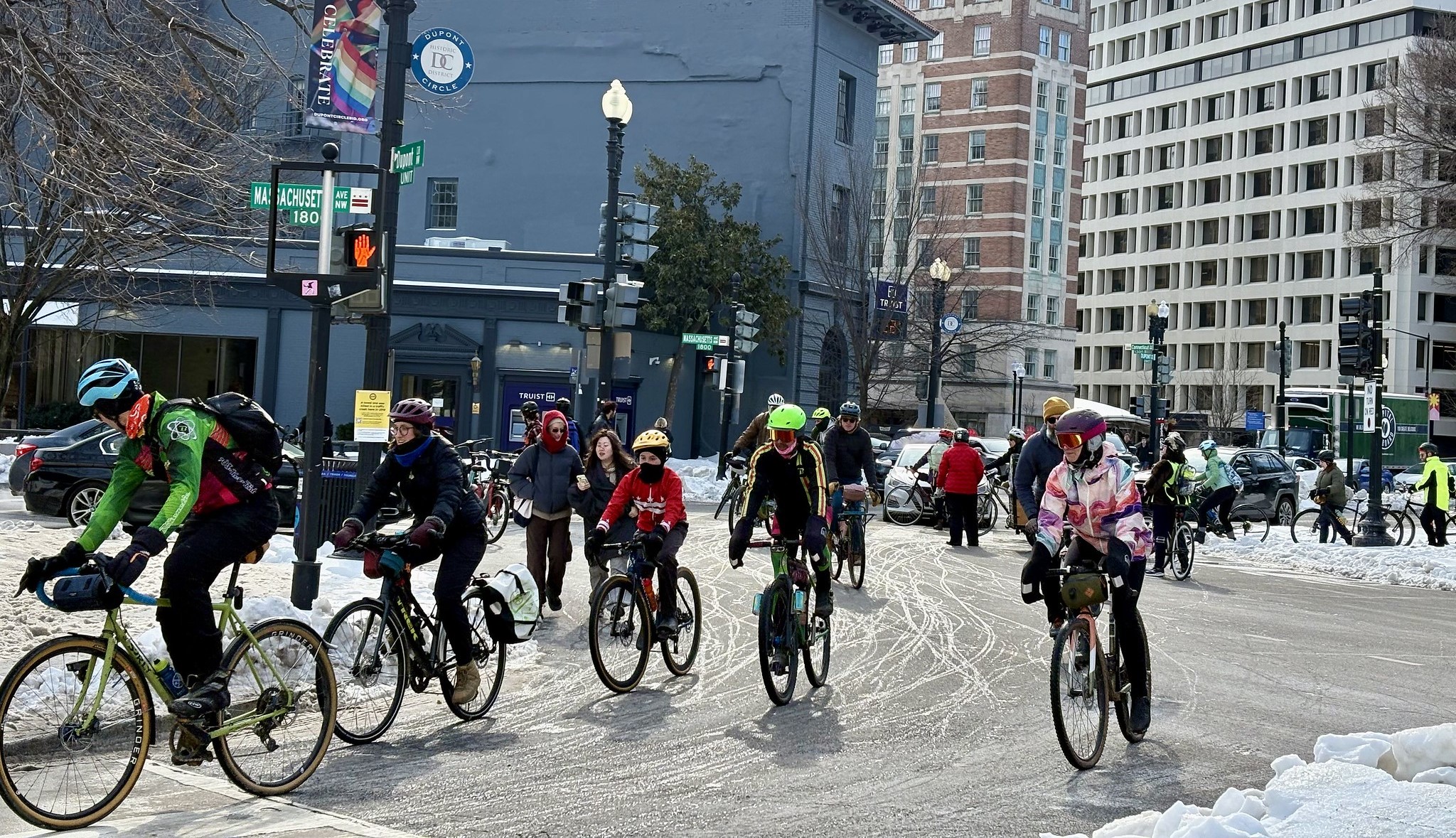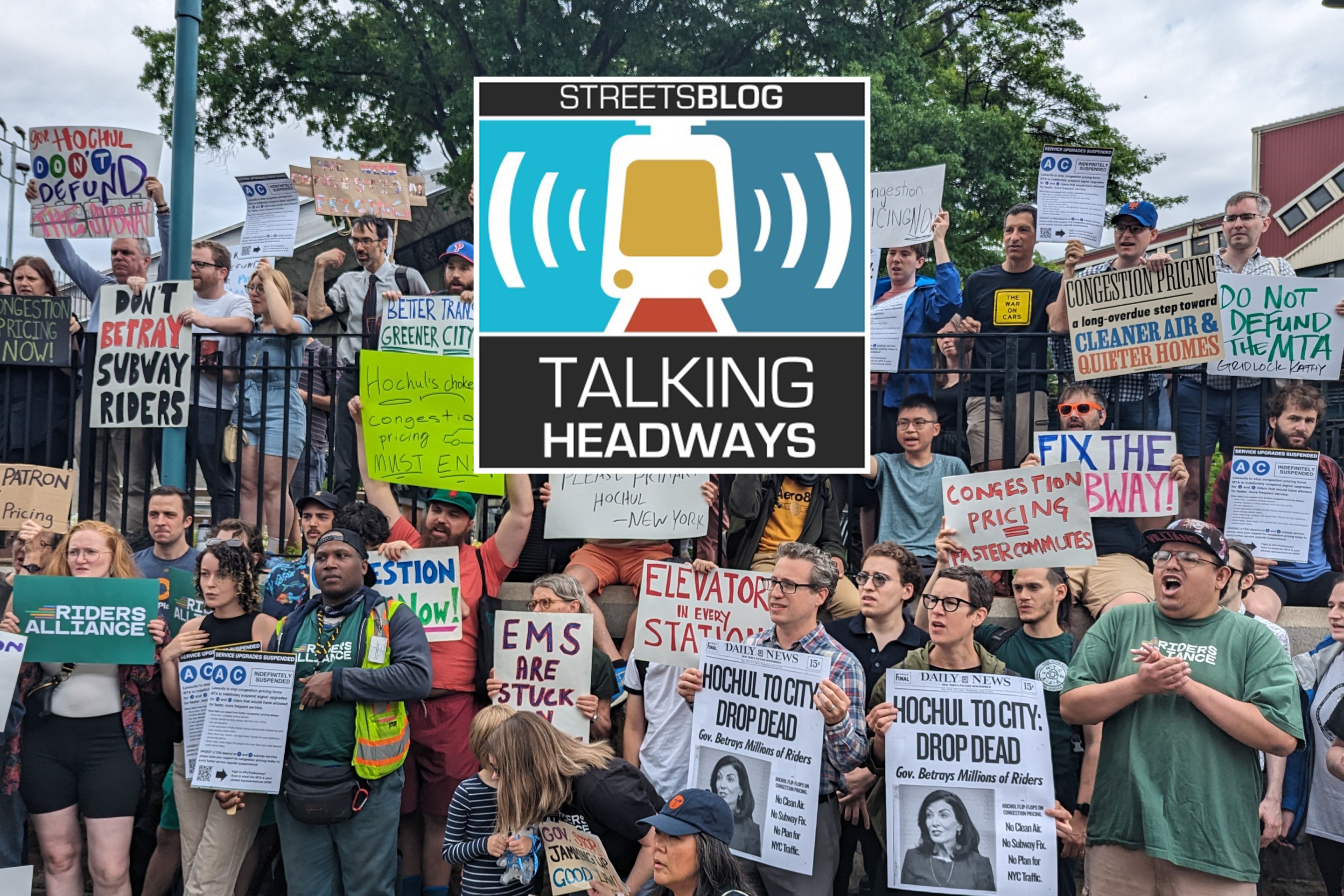Portland leaders are moving ahead with plans for a monthly fee, charged to city households and businesses, to shore up local transportation budgets.

Portland Mayor Charlie Hales and Transportation Commissioner Steve Novick announced yesterday that they will ask the City Council to institute the program, rather than seek voter approval. Jonathan Maus at Bike Portland reports:
The monthly 'Transportation User Fee’ will be $11.56 per single-family household, $8.09 for low-income households and will rely on a calculation based on trip generation for businesses.
At the press conference, Commissioner Novick handed out a statement that read, “If it’s good enough for Oregon City, it’s good enough for Portland.” $11.56 is the exact same amount Oregon City charges their households and the mayor of that city was the first to address the crowd this morning. “It’s been very successful for us, and I presume it will be successful for Portland.”
The fact that 28 other cities already have some type of street fee has been a major selling point of this potentially controversial effort.
Mayor Hales spoke with confidence about his plan to not bring the fee to a public vote. He said he hasn’t polled all the commissioners but he thinks Commissioner Amanda Fritz is supportive. “We have a majority already,” he said. For Hales, this move is about taking action on a problem he’s personally been talking about since he was City Transportation Commissioner 14 years ago. During his speech this morning he said his staff looked into the problem of dwindling transportation funding in 2000 but “backed off” trying to solve it. Then in 2007, he explained, former Mayor Sam Adams’ attempt to figure out “was stymied by opposition.”
A little over half the fee would go toward pavement maintenance, with most of the remainder divided among several safety initiatives, including protected bike lanes (for specifics, see the chart on Bike Portland). The fee is expected to raise $40 to $50 million annually, according to Maus.
Elsewhere on the Network today: Notes from the Underground says urban planners should be community opinion leaders and consensus builders, not neutral bureaucrats. Washington Bikes says in a society that really embraced cycling, "bike culture" would be less important. And Chuck Marohn at Strong Towns explains why he's excited about the new director of the Congress for New Urbanism but not so much about the new director of the American Planning Association.





